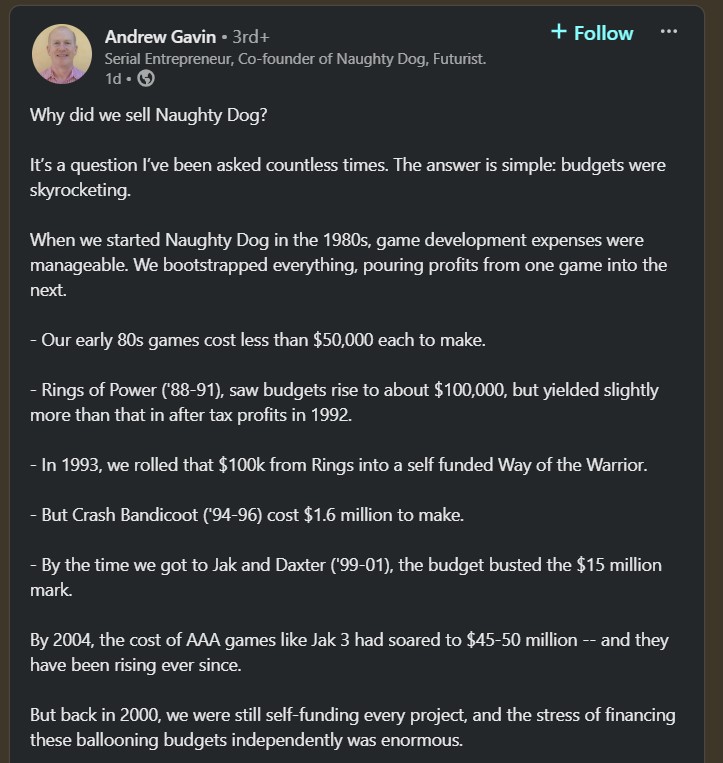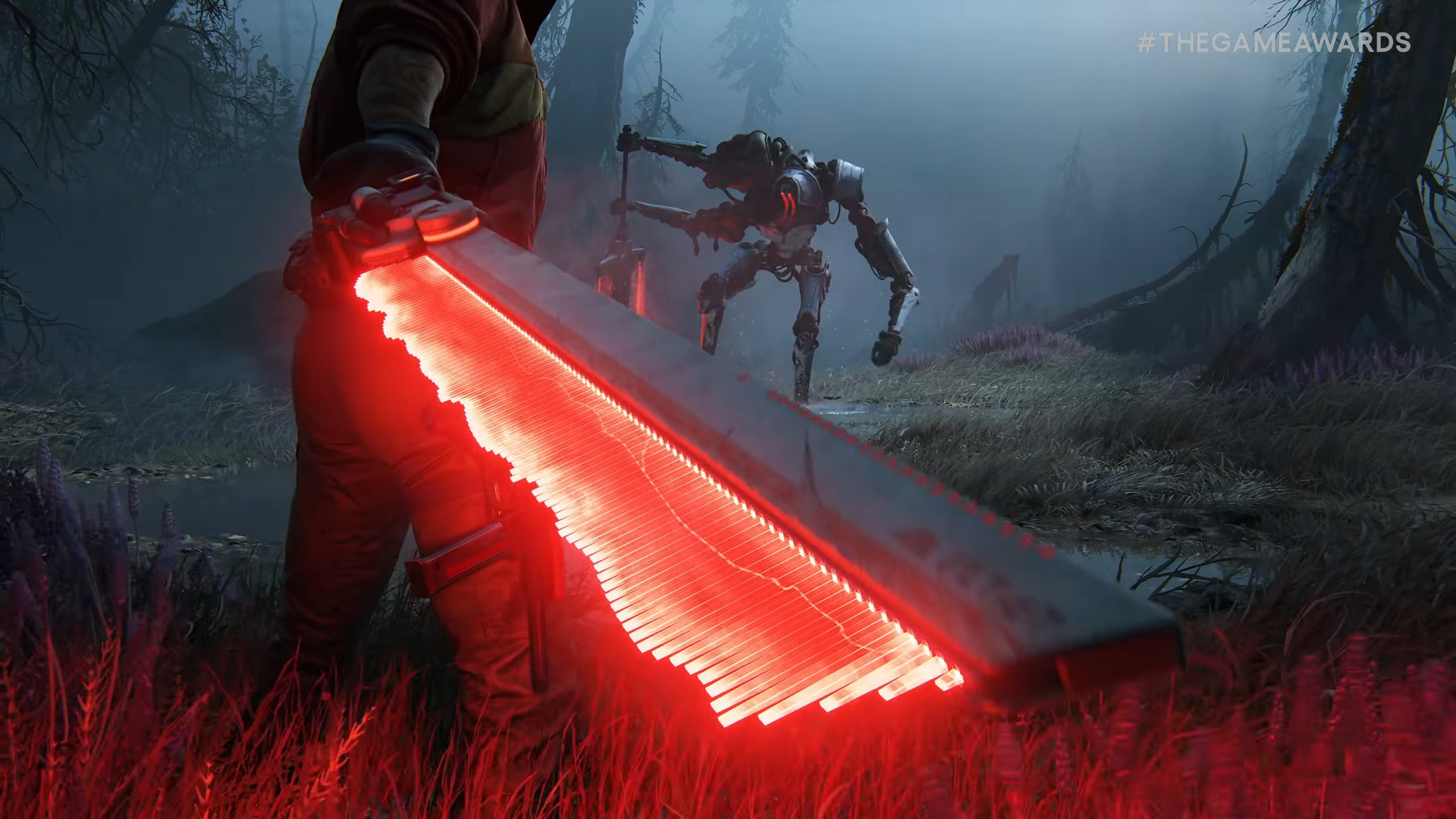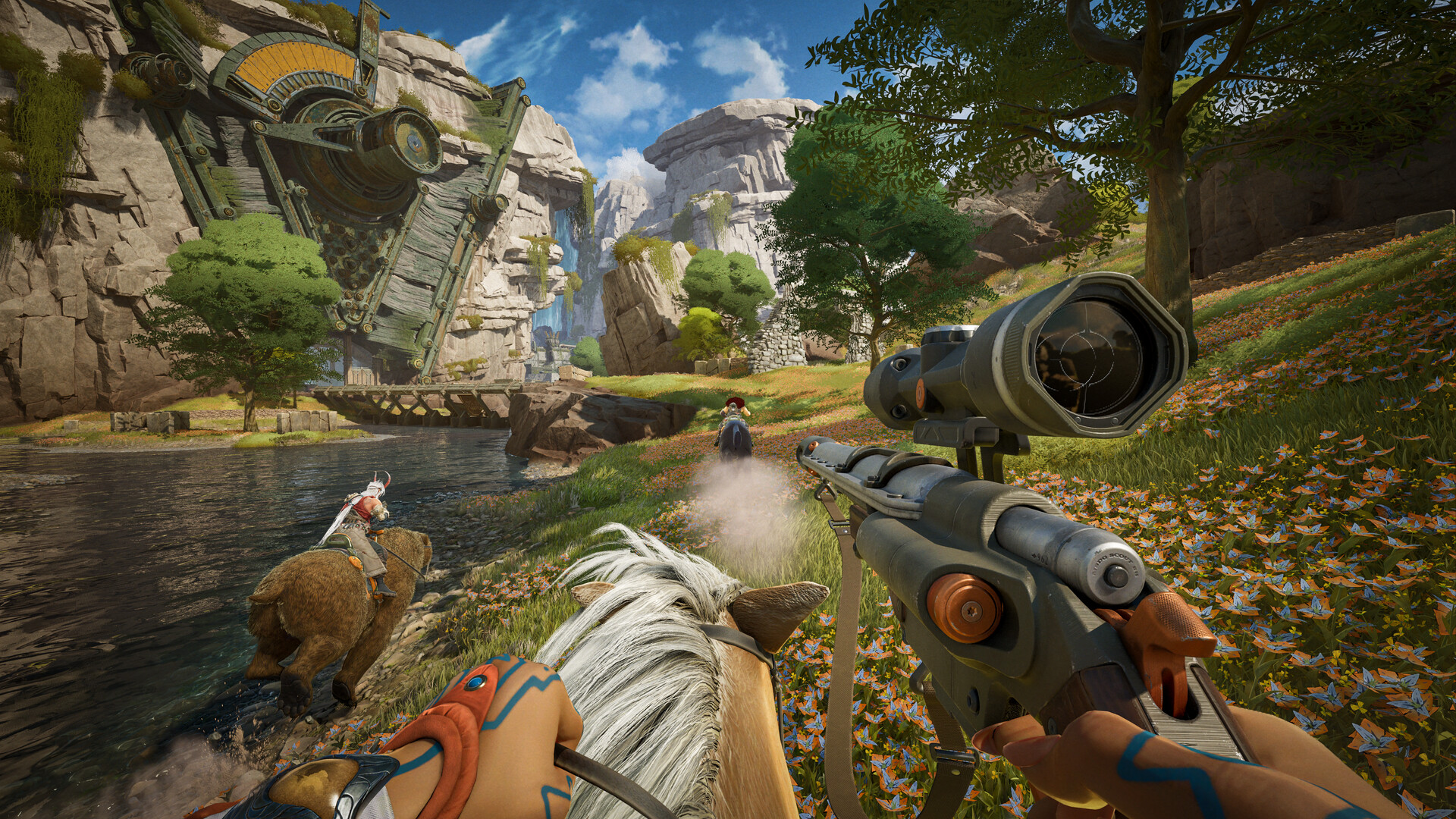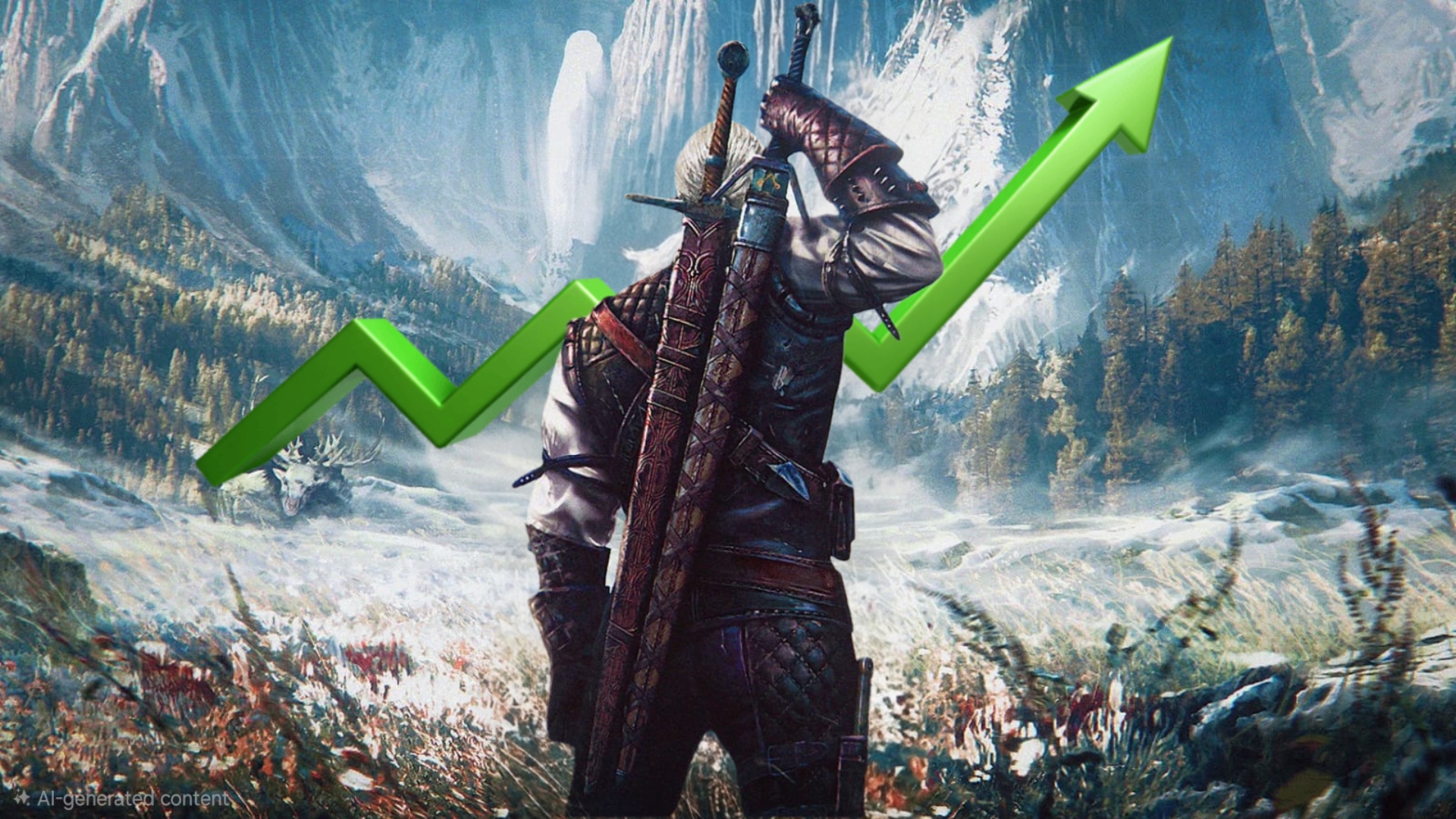- Naughty Dog co-founder Andrew Gavin claims that the studio had to sell to Sony to stay afloat.
- He sees it as the right call, as AAA game budgets in the 2000s were already in the millions.
- Early 80s titles needed $50K, while Jak and Daxter by the 2000s exhausted over $15 million during development.
Naughty Dog is one of Sony’s massive first-party studios with a pretty solid track record over the decades. Its reputation has somewhat fallen in the current generation due to radio silence, but the team is trying to turn things around with its newly revealed franchise. However, all this history might never have happened, as the company co-founder attributes everything to the Sony buyout.
Andrew Gavin has explained why Naughty Dog sold to Sony despite doing well enough on its own in the 90s. He clarified that game budgets in the early 2000s had risen over the $10 million range, something the studio couldn’t fund anymore.
Why it matters: Naughty Dog co-founder claimed selling to Sony was the right call, indicating that the publisher and studio executives see the acquisition as a win-win situation over 20 years later.

Taking to LinkedIn, Andrew Gavin said that titles in the early 80s only needed $50K to make, while this figure eventually reached over a million with Crash Bandicoot during the 94-96 era. It quickly got out of hand with Jak and Daxter, climbing $15 million.
Selling to Sony wasn’t just about securing a financial future for Naughty Dog. […] Looking back, it was the right call.
Naughty Dog had to be acquired by Sony for funds and resources to keep making innovative entries. He claims this is a systematic issue in the AAA gaming space and has affected many companies in the last two decades.

All in all, Naughty Dog—with all its accolades—only exists today because of the Sony buyout. While the exact details are unclear, estimates insinuate that the deal cost Sony between $50 to $200 million back in 2001.
Do you think Naughty Dog would not have survived without being acquired by Sony, or could it have produced smaller IPs to get by instead? Let us know your thoughts in the comments below, or join the discussion on the official Tech4Gamers forum.
Thank you! Please share your positive feedback. 🔋
How could we improve this post? Please Help us. 😔
Shameer Sarfaraz has previously worked for eXputer as a Senior News Writer for several years. Now with Tech4Gamers, he loves to devoutly keep up with the latest gaming and entertainment industries. He has a Bachelor’s Degree in Computer Science and years of experience reporting on games. Besides his passion for breaking news stories, Shahmeer loves spending his leisure time farming away in Stardew Valley. VGC, IGN, GameSpot, Game Rant, TheGamer, GamingBolt, The Verge, NME, Metro, Dot Esports, GameByte, Kotaku Australia, PC Gamer, and more have cited his articles.




